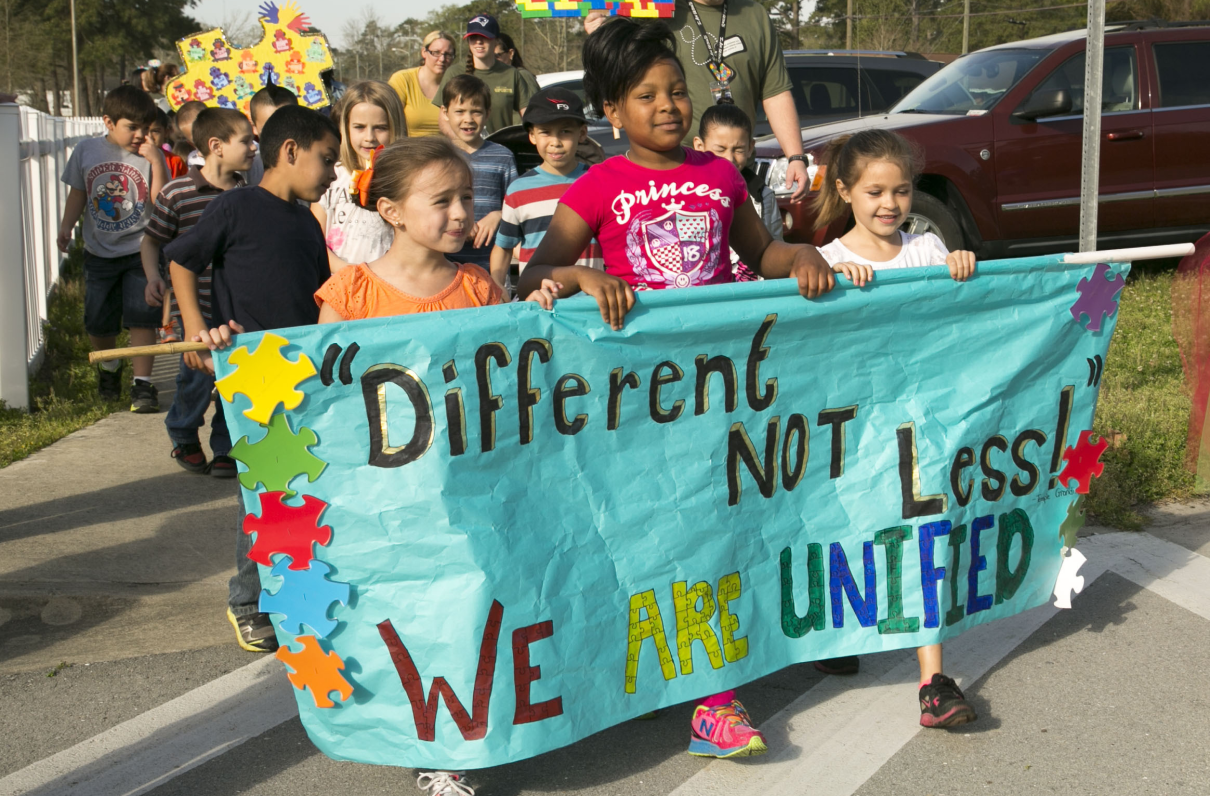A recent public workshop offered a forum for stakeholders, including MOAA, to weigh in on a report due next year assessing DoD’s Autism Care Demonstration (ACD) – a report which relies heavily on feedback from military families.
The National Academies of Sciences, Engineering and Medicine will conduct an independent analysis of the ACD, as mandated by the FY 2022 National Defense Authorization Act. The report, due out next summer, will assess the appropriateness of DoD’s methods for measuring the effectiveness of Applied Behavior Analysis – a key concern among many families enrolled in the ACD. It also would include a review of guidelines or industry standards of care adhered to under the demonstration project, among other priorities.
During the public comment period at the June 20 workshop, MOAA highlighted the role of military service organizations in advocating for changes in statute that allow TRICARE coverage policy to evolve with changes in technology, treatment protocols, and benchmarks established by high quality commercial plans and other government payers. MOAA reminded the National Academies committee of recent testimony from DoD leadership promising world-class health care to military families for servicemembers’ willingness to lay their lives on the line.
[RELATED: New TRICARE Rule May ‘Risk the Health of Military Kids’]
Other commenters provided emotional testimony about the impact ACD changes have had on their autistic children and their families. A military spouse told the committee about her decision – shortly after her husband deployed for the Afghanistan withdrawal – to purchase a marketplace health plan so her son could have continuity of care when his ABA provider left the TRICARE network. Another wept as she described the role her son’s ABA provider played in helping him to successfully potty train at age 6 – a service excluded under the current iteration of the ACD.
The workshop featured invited presenters from the Drexel Autism Institute, University of Southern California, Vanderbilt University Medical Center, and the Michigan State University Autism Lab who provided perspectives on ABA research and clinical practice. Speakers also included leaders from ABA provider practices who highlighted challenges working with TRICARE relative to commercial payers and Medicaid.
A representative from the Defense Health Agency explained the importance of providing programmatic oversight of ABA care and the statutory limitations on TRICARE that have shaped ACD policies.
Your Voice Matters
While MOAA informed committee members that the association and other military advocacy groups are standing by to assist with the report and to protect the service-earned benefits of military families, those with ACD experience can play a more important role in the study.
MOAA urges these military families to consider attending – virtually or in-person – future public sessions with the committee. Families can also give feedback to the committee via the online form. Check the National Academies website to sign up for updates on future events and study progress.
MEDIPLUS® TRICARE Supplement
Works hand-in-hand with your Select or Prime Plan. Count on valuable protection.

